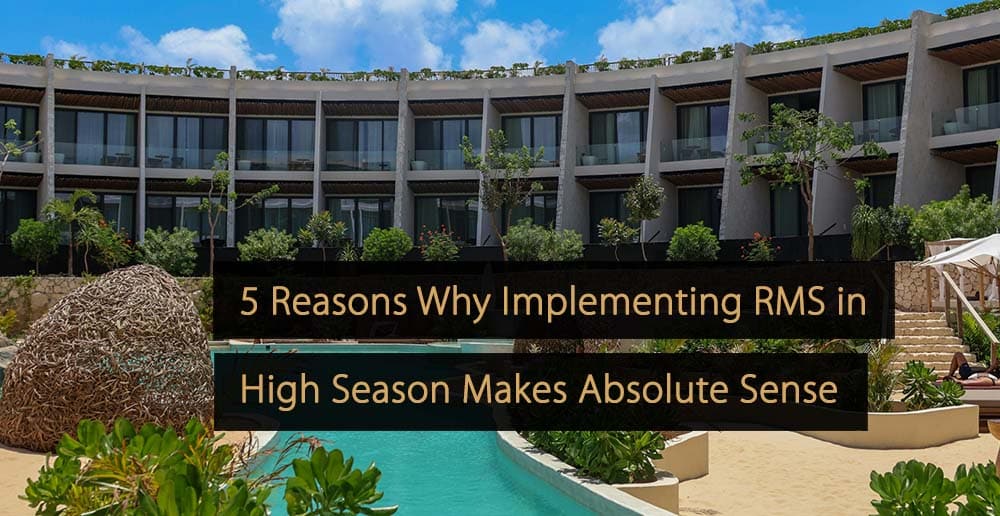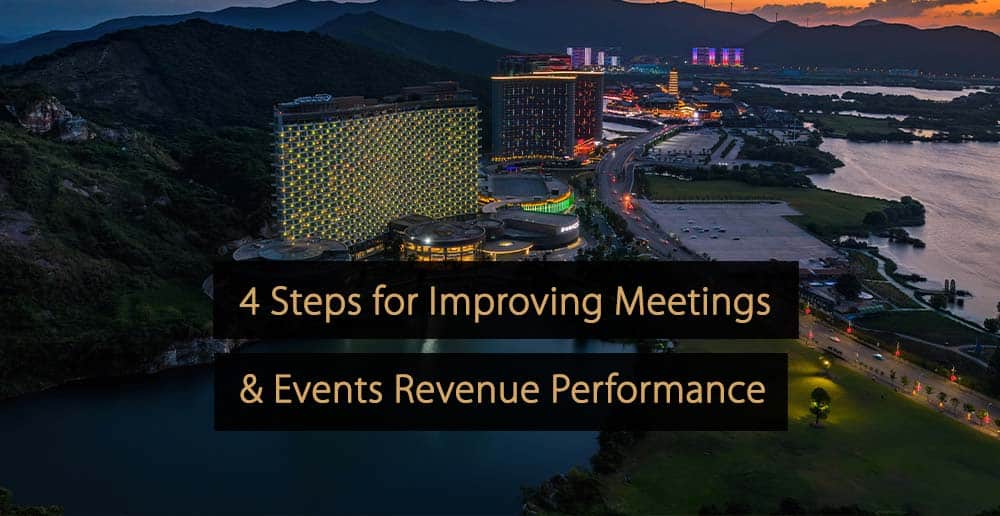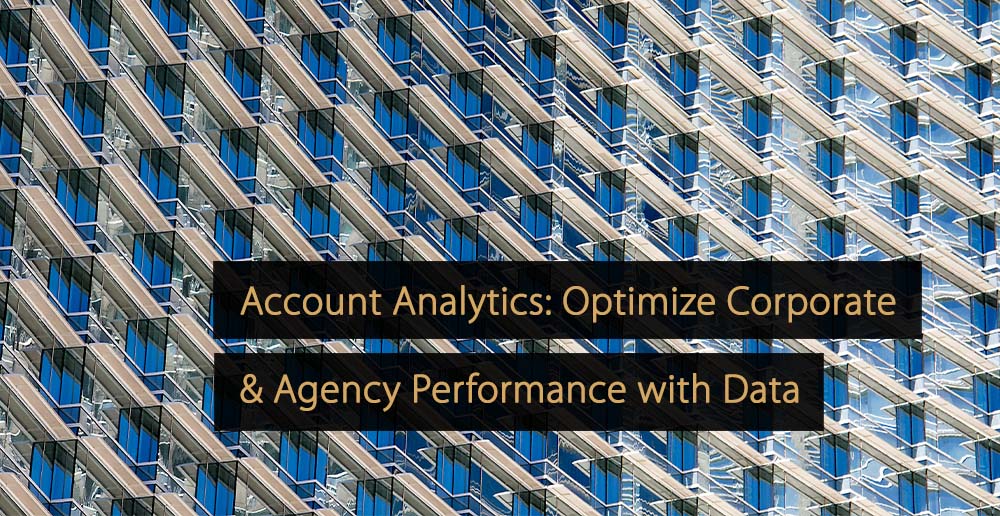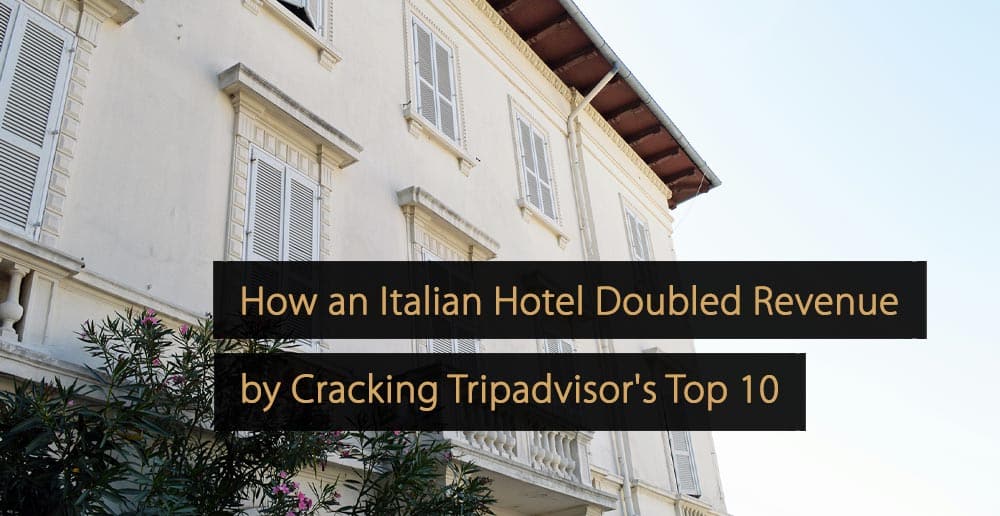Check-in lines, a full luggage store, and you running around, juggling hotel admin work, staff, customer service, marketing, and prices. Welcome to the high season. Amidst this chaos, implementing a new technology solution like a Revenue Management System (RMS) might be the last thing on your to-do list. However, here are five reasons why doing so during this time could be your best strategic move.
5 Reasons for RMS Implementation in High Season
Below, you’ll find five compelling reasons why introducing RMS during peak season is a good move.
Reason 1: It Will Save You Time
Instead of manually adjusting hotel room rates every few hours during high season, imagine having an RMS that automatically analyzes market demand and competitor prices in real-time. With this automation, you can focus your time and energy on providing exceptional guest experiences and addressing urgent operational needs, rather than constantly monitoring and adjusting prices.
Plus, you won’t need to struggle with the uncertainty of whether your prices are too low or too high, as the RMS ensures that rates are optimized based on current market conditions.
Reason 2: You Will Maximize Your Revenue Potential
High season isn’t just about holidaymakers. It’s also a time for events and last-minute changes in bookings and demand. An RMS acts as your ally, capitalizing on revenue opportunities that may be overlooked. Whether it’s adjusting prices in response to sudden demand surges or leveraging last-minute cancellations, an RMS ensures that you maximize revenue potential and stay ahead of the competition.
What’s more, with increased revenue, you can redirect resources to hiring additional staff for the high season. Extra staff onboard means you’ll have more hands to manage day-to-day operations effectively, further alleviating your workload and allowing you to focus on strategic decision-making. Maybe even having an extra time to have a coffee and a well-deserved rest.
Reason 3: You Can Focus on “Bigger Picture” Strategies
Even if you are good at pricing, you may consistently spend an hour or two a day setting rates and still get it wrong. This process means not only missing out on opportunities where your hotel could make more money but also leaves little room for strategic decision-making.
With an RMS automating pricing decisions, you can shift your focus to broader strategies.
As RoomPriceGenie’s revenue management expert, Iara do Carmo, suggests, implementing an RMS allows you to step back from day-to-day price management and concentrate on long-term planning and growth initiatives.
“Dynamic pricing and inventory management are key practices for boosting hotel performance. It takes you to another level. It is like playing chess – once you get it, you will see how easy it is to win against your opponents who are still beginners or haven’t invested their time to properly learn it (and as for chess, most people do not know how to play it).
When you work with dynamic pricing, guests become accustomed to price fluctuations and gain the opportunity to seize better deals, instead of being limited to one choice. They learn to book in advance to secure favorable prices and accept pricing adjustments without objection.
Moreover, your team will learn when to charge more and when to be more flexible when selling the rooms.
In the meantime, as a property owner, you can think strategically about the mix of clients you want to accommodate daily. You can decide when to reserve inventory for specific groups or even opt not to accommodate certain groups, thereby reserving inventory exclusively for direct reservations. Because you will know that even if you don’t sell the same quantity you would sell with that group, the price the direct booker will pay, will result in a better RevPAR.”
Reason 4: It Will Monitor Your Competitors’ Pricing for You
In a crowded market during high season, your pricing needs to remain competitive to attract bookings. By monitoring competitor rates, you can identify areas where you may be underpricing or overpricing your rooms and make adjustments accordingly.
But let’s face it: in high season, you might rarely have time to monitor your competitors constantly. An RMS provides valuable insights into competitor pricing and market trends, enabling you to position your property effectively. It monitors what your competition is doing in terms of pricing and adjusts your pricing strategy to remain competitive while maximizing profitability.
Reason 5: Your Guests Will Have a Better Experience During the High Season
During high season, an influx of guests often correlates with lower review rates and an uptick in complaints. Why? With the increased workload, you and your staff may have less time to provide personalized experiences, leading to issues like delayed service or maintenance concerns such as broken amenities or malfunctioning air conditioning units. It’s more common than you think – the more frequently items are used, the greater the likelihood of wear and tear.
Moreover, your prices may be higher due to the higher demand. And higher prices mean higher expectations.
However, by leveraging the time saved with an RMS, you can redirect your focus toward prioritizing guest satisfaction and ensuring operational efficiency. While the RMS optimizes pricing and inventory management behind the scenes, you can proactively offer competitive rates and value-added packages to elevate the guest experience and meet their expectations.
“But This Isn’t the Best Time to Implement and Learn New Technology – I’m Too Busy.”
We hear you if all the reasons above don’t convince you, and you still think this is the worst time to implement a new technology into your hotel. It can be overwhelming because the change always is.
But if you choose an RMS solution that’s easy to use, the process is simpler than you may expect.
Implementation should be smooth if the RMS integrates with your Property Management Solution (PMS) or your Channel Manager. Once set up is complete, it looks after itself, and you can check the rates now and then, if you want.
With dedicated customer service and expert revenue managers customizing the solution to your hotel’s unique goals, needs, and market dynamics, you can rest assured that the implementation process will be worry-free.
Instead of wondering if this is the right time for RMS, perhaps the question you should be asking yourself should be: which RMS is right for your hotel?
Implementing an RMS will help you save time, increase revenue, and enhance guest satisfaction in the whirlwind of the high season. Don’t let the busyness of the high season hold you back – seize the opportunity to improve your revenue management strategy by working less on your prices.
Free Guide: Hotel Pricing Strategies: A Guide for Independent Hotels
“Hotel Pricing Strategies: A Guide for Independent Hotels,” is designed specifically for owners and managers like you who are ready to increase revenue with the right pricing strategies.
Click here to download the guide “Hotel Pricing Strategies: A Guide for Independent Hotels”.


 “Dynamic pricing and inventory management are key practices for boosting hotel performance. It takes you to another level. It is like playing chess – once you get it, you will see how easy it is to win against your opponents who are still beginners or haven’t invested their time to properly learn it (and as for chess, most people do not know how to play it).
“Dynamic pricing and inventory management are key practices for boosting hotel performance. It takes you to another level. It is like playing chess – once you get it, you will see how easy it is to win against your opponents who are still beginners or haven’t invested their time to properly learn it (and as for chess, most people do not know how to play it).




Leave A Comment